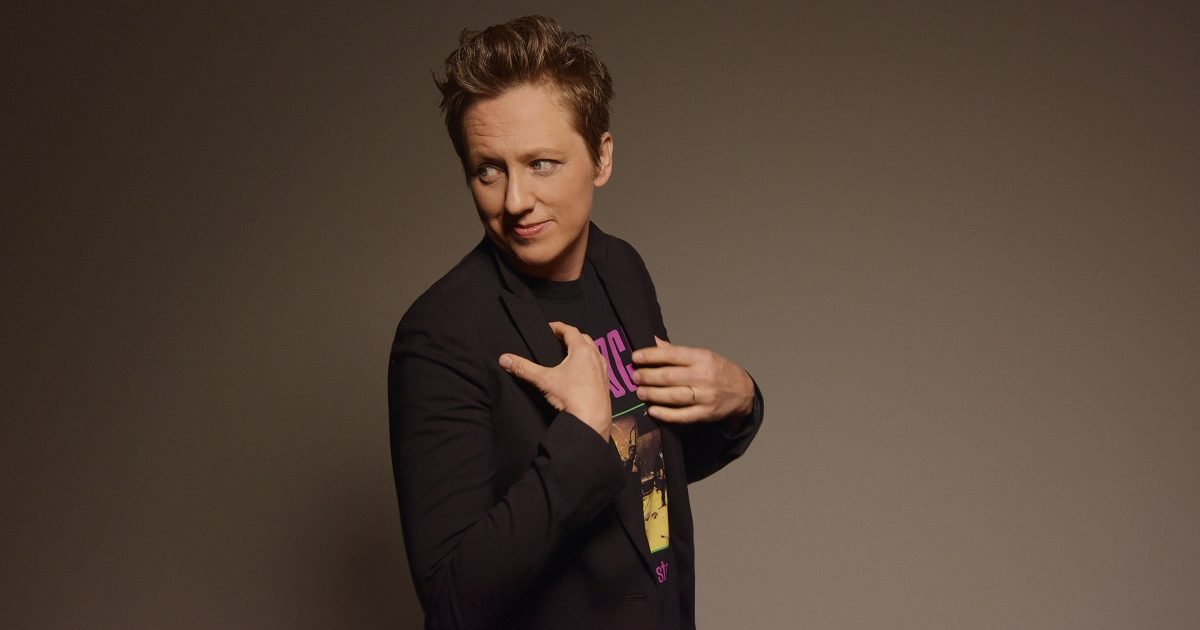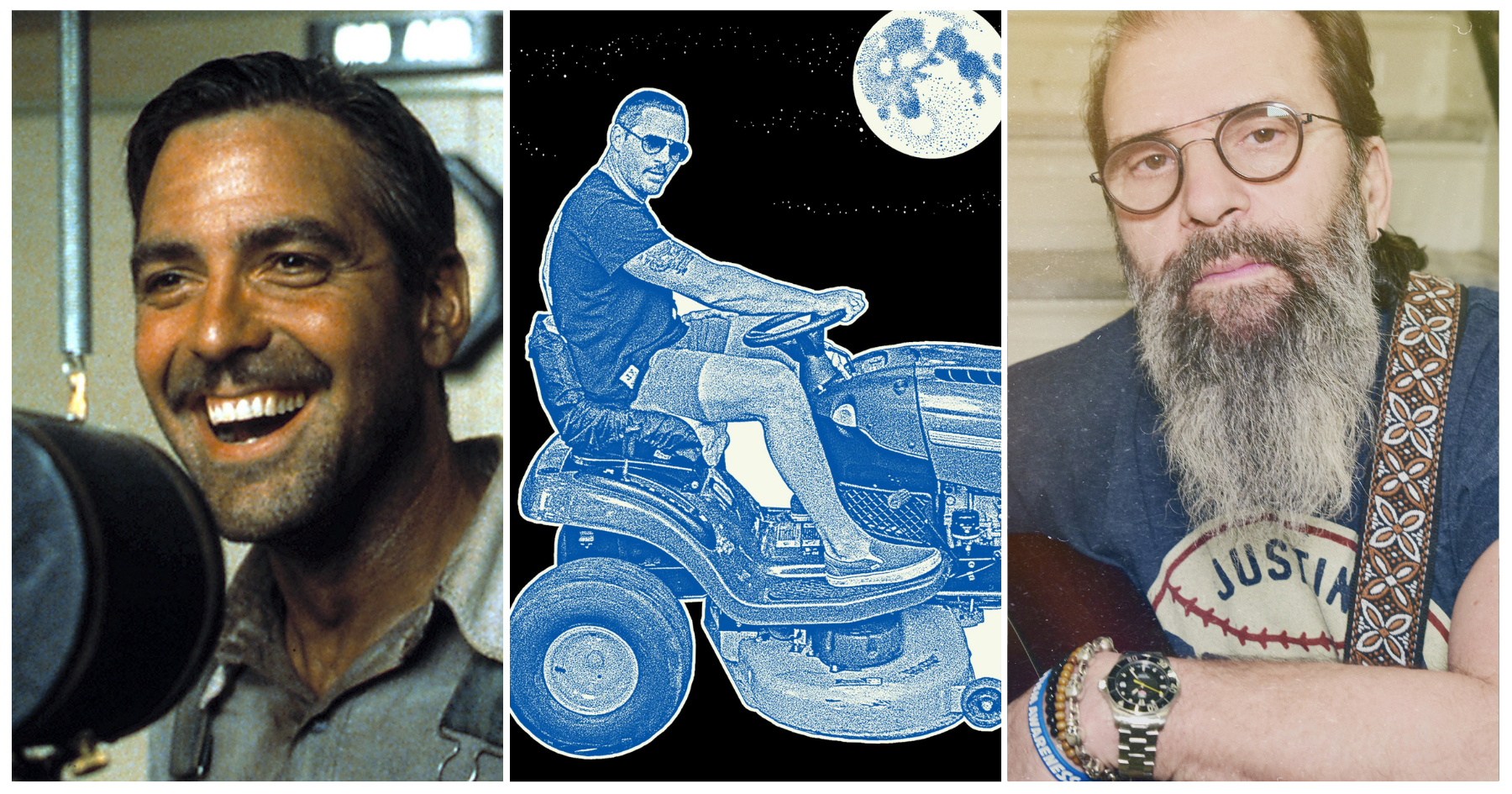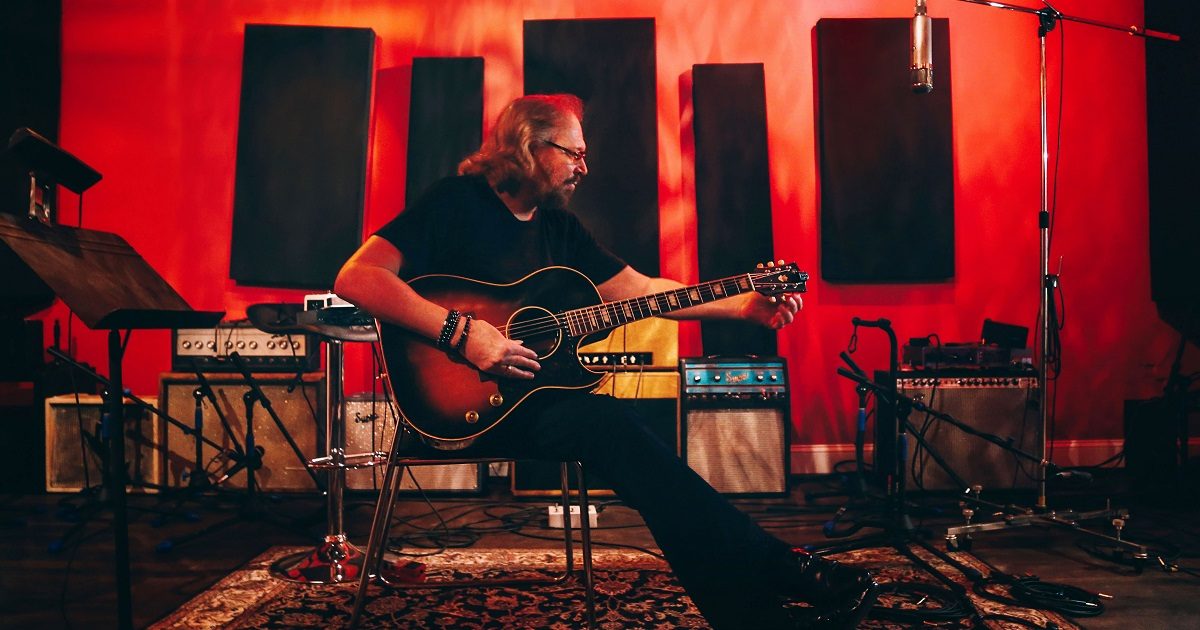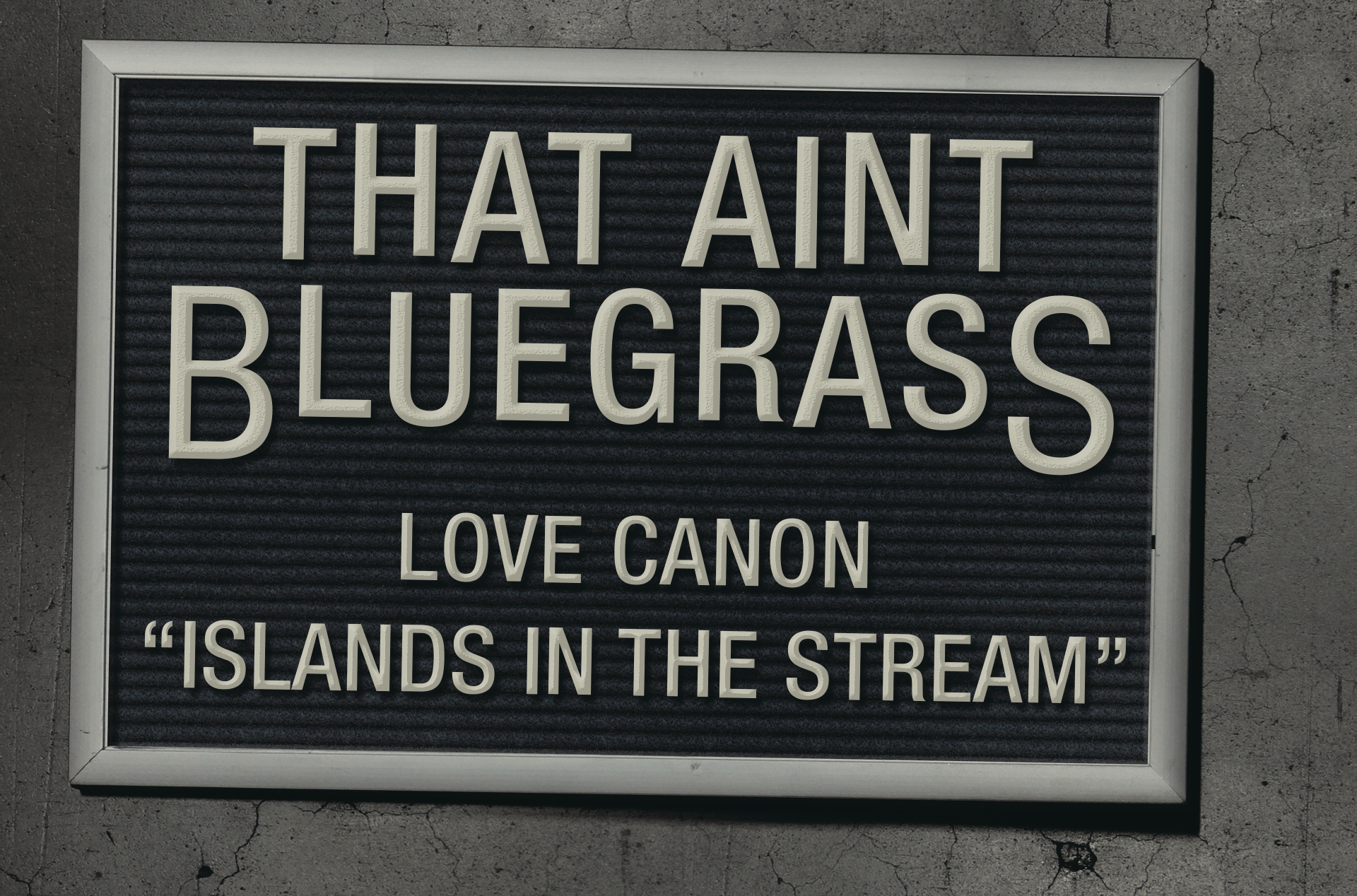One of my favorite things in life is hearing a song for the first time that I know I need to hear again, immediately! Something about the melody or the horn part or the harmony part that catches my ear and get’s stuck in my head. Whenever that happens it’s like I need to understand why it’s so infectious. Usually I end up getting out my guitar and learning the song. It’s always fascinating to get inside a song that someone else has written. It’s a magical way to know someone. Feeling how and why they drop the beat going into the chorus or how they hold a chord longer into the bridge that gives it that special something. Here’s a short list of songs that have affected me this way over the years. — Ana Egge
Flo Morrissey & Matthew E. White, written by Kyle Field – “Look at What the Light Did Now”
My friend Mike Ferrio (Good Luck Mountain) put this as the last tune on a mixtape CD for me a few years ago. I learned it and kept showing it to all of my musician friends.
The Zombies, written by Chris White – “This Will Be Our Year”
I heard this on a TV show I think, can’t remember which one. I had no idea who it was by and I was surprised to find out how long ago it was released. It sounded so fresh! The instrumentation, the sounds, the delivery. And I still can’t get over the incredible chord progression.
The Be Good Tanyas, written by Berzilla Wallin – “Rain and Snow”
I grew up with The Grateful Dead version of this song. I just love how Frazey adds the oooh oooh‘s onto the end of the word snow. Such a great soulful addition and original interpretation of this classic murder ballad.
Phoenix, written by Christian Mazzalai – “1901”
What’s not to love about this song? I can’t sit still when it comes on. I love how they play off the beat so much!
Dengue Fever – “Tip My Canoe”
I’ve probably listened to this song more than anything other song since I got a Dengue Fever two-disc collection at a record store in Toronto on tour a few years back. It’s SO delicious and trippy and great everyday.
The Shins, written by James Mercer – “New Slang”
Such a beautiful melody and evocative lyrics. I don’t always necessarily understand what he means to say, but I feel it.
Antony & The Johnsons, written by Anohni – “My Lady Story”
Oh my god, so beautiful! Beautiful and intense and unique.
Bee Gees, written by Barry & Robin Gibb – “To Love Somebody”
One of my very favorite songs ever. How much better can a song be? They nailed it.
Gnarls Barkley – “Crazy”
Oh that dropped beat. And the melody! So cool how it builds and such a killer chorus.
Amy Winehouse – “You Know I’m No Good”
Incredible personal songwriting. So unflinching and honest and melodic. And such an upbeat feeling while being so depressing. Amazing.
Bon Iver, written by Justin Vernon – “Skinny Love”
I learned this to sing at my friends wedding a few years back. Once again, just magical what an original artist express when they have an inspired idea and melody over Am and C, y’all!
Kimya Dawson – “Anthrax”
I moved to NYC right after 9/11 and went to a talent hour type show. Burlesque and poets and then Kimya Dawson got up and sang a few songs. Her band The Moldy Peaches had recently broken up (I hadn’t heard of them). I bought every home-burned CD she was selling and loved them all. But this song about 9/11 is just brilliant.
Elizabeth Cotten – “Freight Train”
I don’t remember how I old I was when I first heard this song. But I do remember feeling like I’d always known it. It’s damn near perfect. Beyond the truth and depth of experience expressed in this song, I really love the big move to the E major in the key of C.
Photo credit: Shervin Lainez



